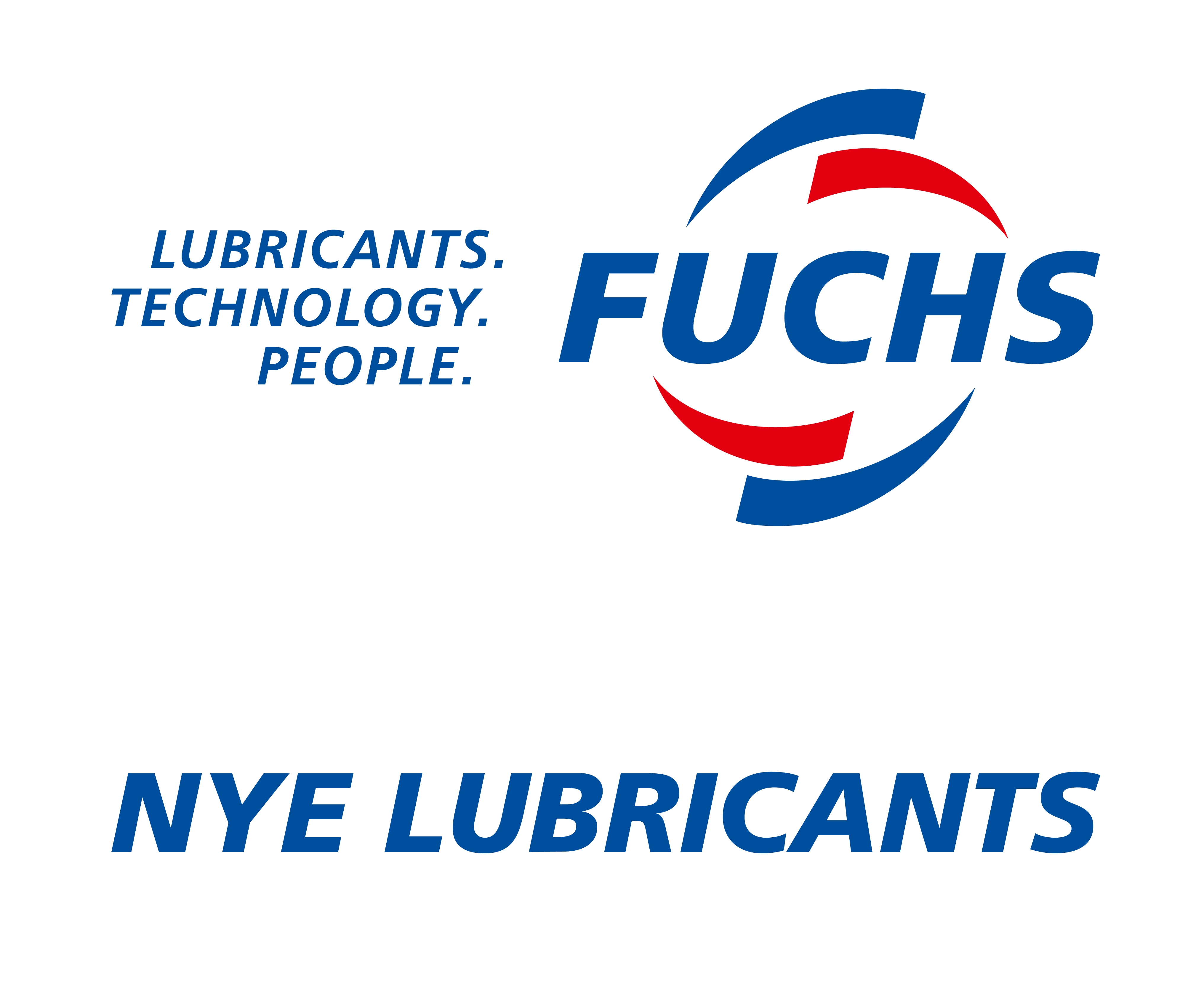Nye Lubeletter - February 2000
 UniFlor™ Unveiled as “Compelling Choice” for Auto OEMs and Suppliers
UniFlor™ Unveiled as “Compelling Choice” for Auto OEMs and Suppliers
Rheolube 716HT, the first of a new generation of ester greases, contains a proprietary antioxidant that pushes the grease’s upper temperature limit to 175°C — 25 degrees higher than traditional ester greases. 716HT is fortified to reduce noise and wear and contains a UV-tracer to facilitate inspection during production. It can provide a very economical and more robust alternative to perfluoropolyether greases, which used to be the only option for temperatures in excess of 150°C for an extended period.
 New Addition at Nye Automotive
New Addition at Nye Automotive 
Rick Trecapelli joined the Nye team in Troy, Michigan, in November. Rick brings several years experience in the automotive industry, having worked for a major control cable supplier.
“Rick knows first-hand the need for automotive suppliers to meet high performance standards cost-effectively and how our lubricants play a critical role in achieving that goal,” said Nye national sales manager Brian Holley. Rick will serve as the primary contact at Nye for GM engineers, as well as manage lubricant business related to control cables, shifters, sunroofs, and seat components.
 New Grease May Change Rack & Pinion Manufacturing Process
New Grease May Change Rack & Pinion Manufacturing Process
Rack-and-pinion steering is a mainstay in today’s vehicle fleet. All rack-and-pinion systems consist of a toothed rack that mates to a pinion gear. Over time, excessive gear wear or noise can also make it a warranty issue. Nye engineer Brian Cichoski soon found out this application called for a custom formulated grease: Nye Fluorocarbon 875MS.
 Turning Over a New and Quieter Leaf Spring
Turning Over a New and Quieter Leaf Spring

A staple on horse-drawn buggies, the leaf spring is probably the oldest vehicle suspension system in use. In a marketplace that wants even its pick-ups quiet, a little leaf spring squeak can be a particularly pesky BSR problem for service dealers and vehicle owners. Leaf springs are a proven, rugged, economical suspension system, and fairly inexpensive to repair; this makes the search for a squeak cure a good investment in perceived quality.
 Nye Captures QS 9000, Starts Baldrige Process
Nye Captures QS 9000, Starts Baldrige Process
In December, Nye Lubricants became one of two synthetic lubricant companies in the US to earn QS-9000/ISO 9001 and the only one that offers all commercially available synthetic fluids. Registered with the British Standard Institute, Nye is now reviewing requirements for ISO/TS-16949, a new world-wide quality system announced late last year. In addition, the Company has initiated a program which leads to competing for the Malcolm Baldrige National Quality Award. While ISO promotes rigid process standards, the Baldrige criteria focus on performance excellence, in strategic planning, customer and market focus, business results, and several other categories.
 The Case of the Squealing HVAC
The Case of the Squealing HVAC
A Tier One supplier wanted an oil for powdered metal bearings in an HVAC motor. The oil was needed to prevent wear and to stop the squeal when the car heater was turned on at 10°F. However, it wasn’t simply a matter of finding the right lubricant. Processed oil was found in the unlubricated bearing samples sent by the customer. Nye had to come up with a solution to both problems.
 A Quick Glance at UniFlor™ for Automotive Applications
A Quick Glance at UniFlor™ for Automotive Applications
| Uniflor™ Series | Service Temp. (°C) | Typical Application |
|---|---|---|
| 8100 | -54 to 250 | The economical BSR/NVH lubricant. No-worry, plastic and elastomer compatibility. Also suitable for gears, slides, and light-duty bearings. Second-source for Krytox® GPL 105, 205, 225. |
| 8500 | -54 to 250 | Popular, general purpose, wide-temperature automotive grease for underhood tin/lead connectors, lightly loaded bearings, switch mechanicals, lead screws. Used in ABS systems. Ford and GM spec (under former product name). |
| 8700 | -70 to 250 | Broad-temperature, high-load bearing lubricant, ideal for alternators, idlers, water pumps, compressors, and superchargers. |
| 8900 | -90 to 250 | Extreme temperature lubricant now used by First Tier suppliers for underhood and fuel tank sensors, especially when low temperature and low torque are critical. |

